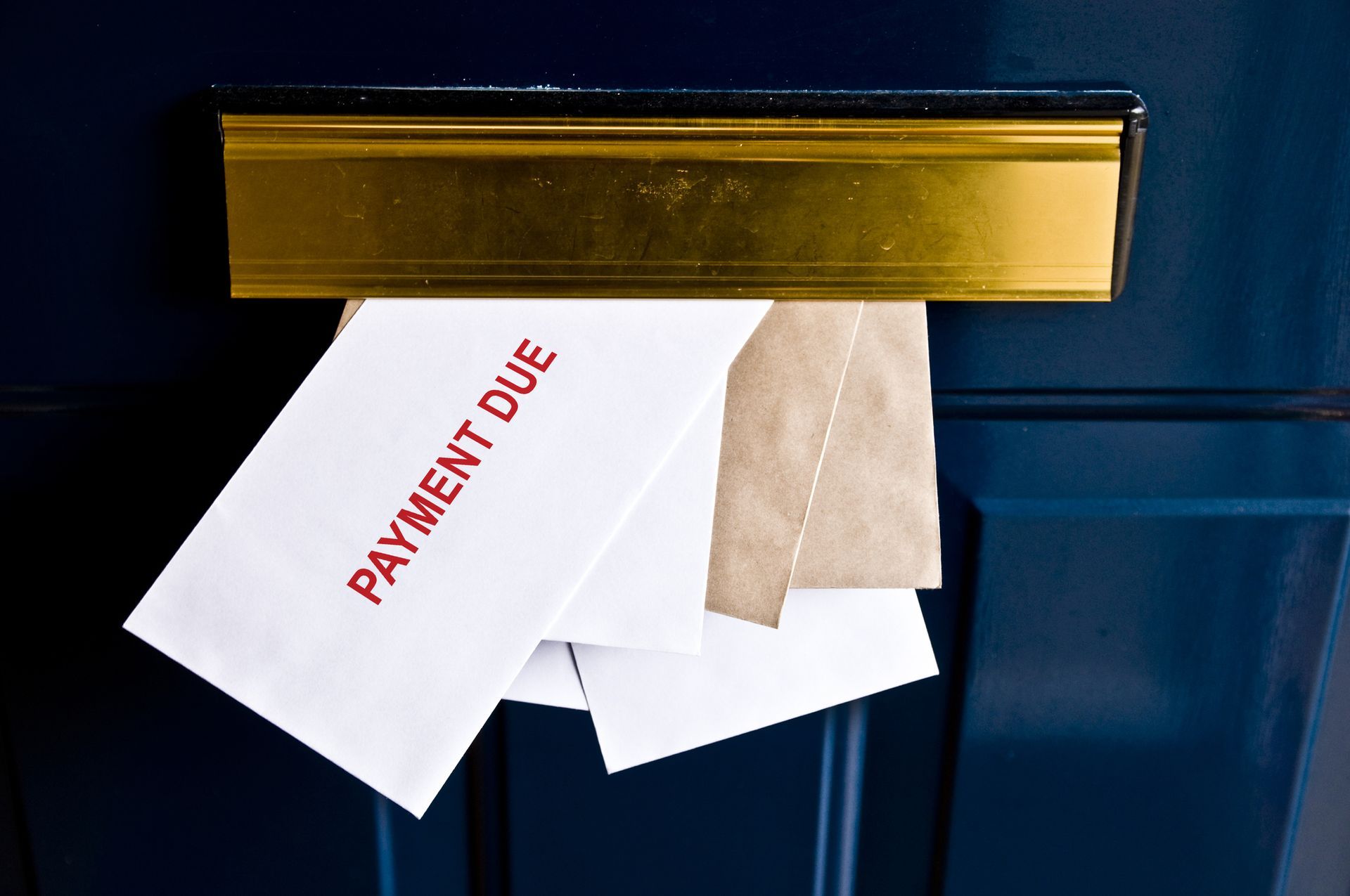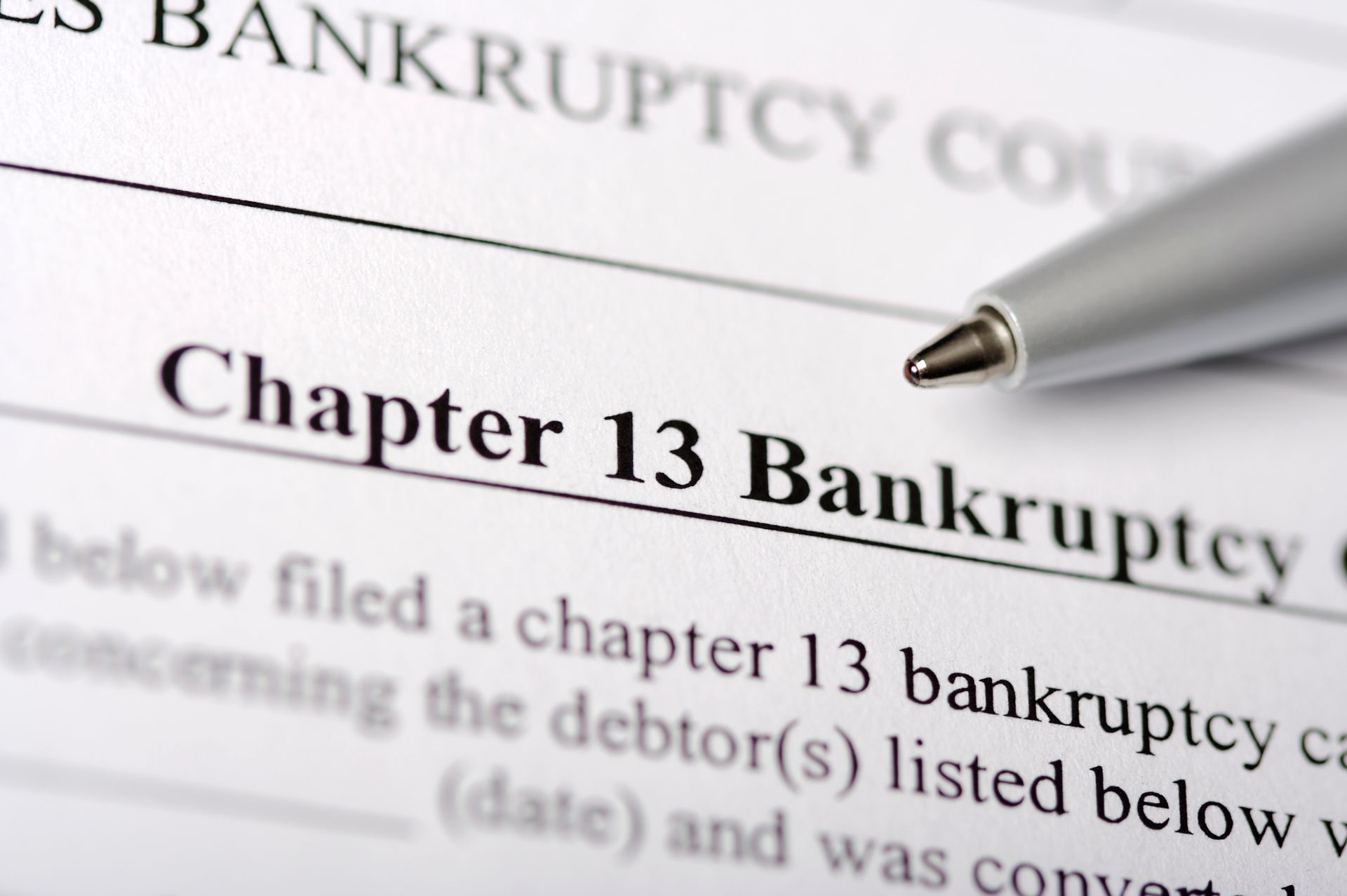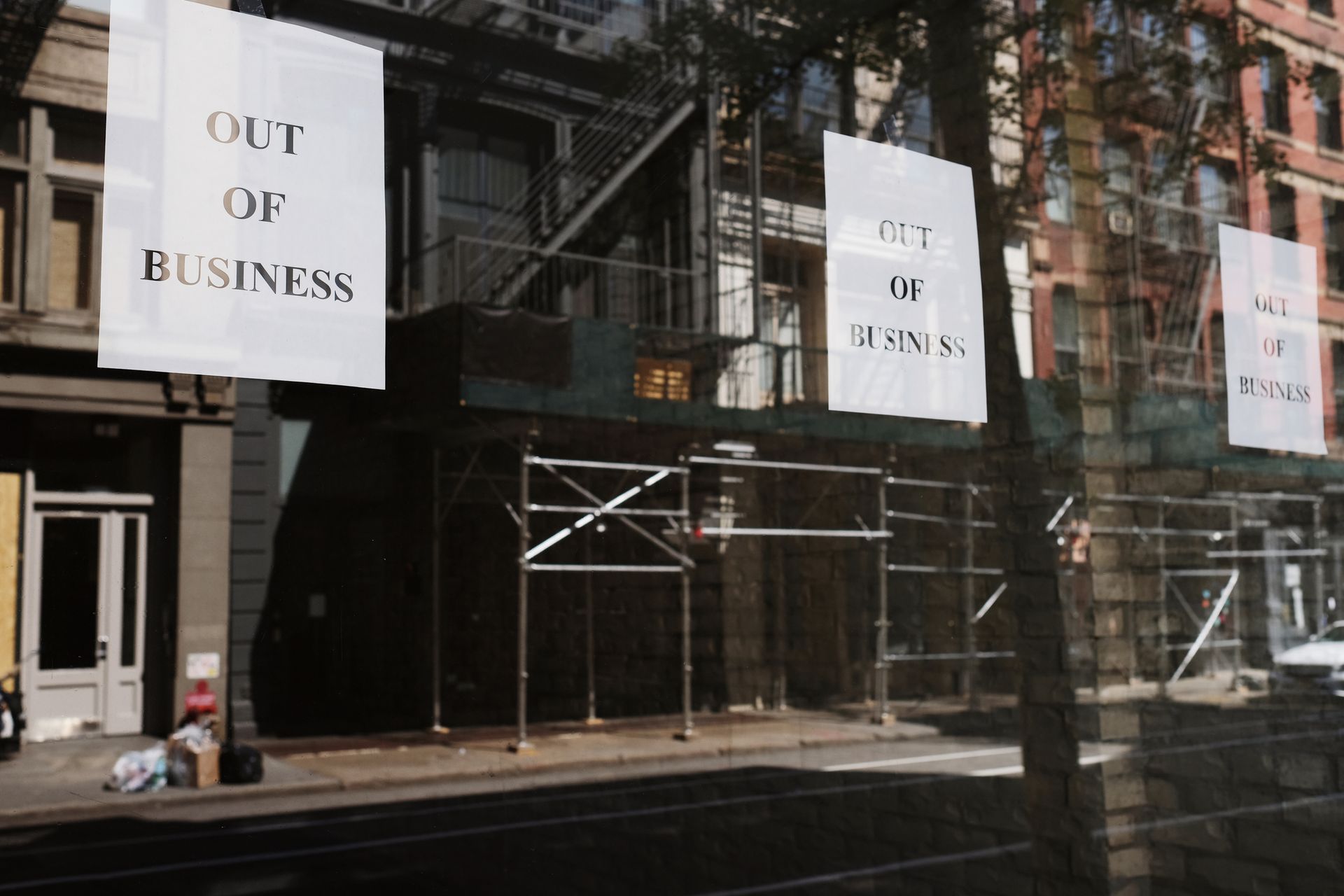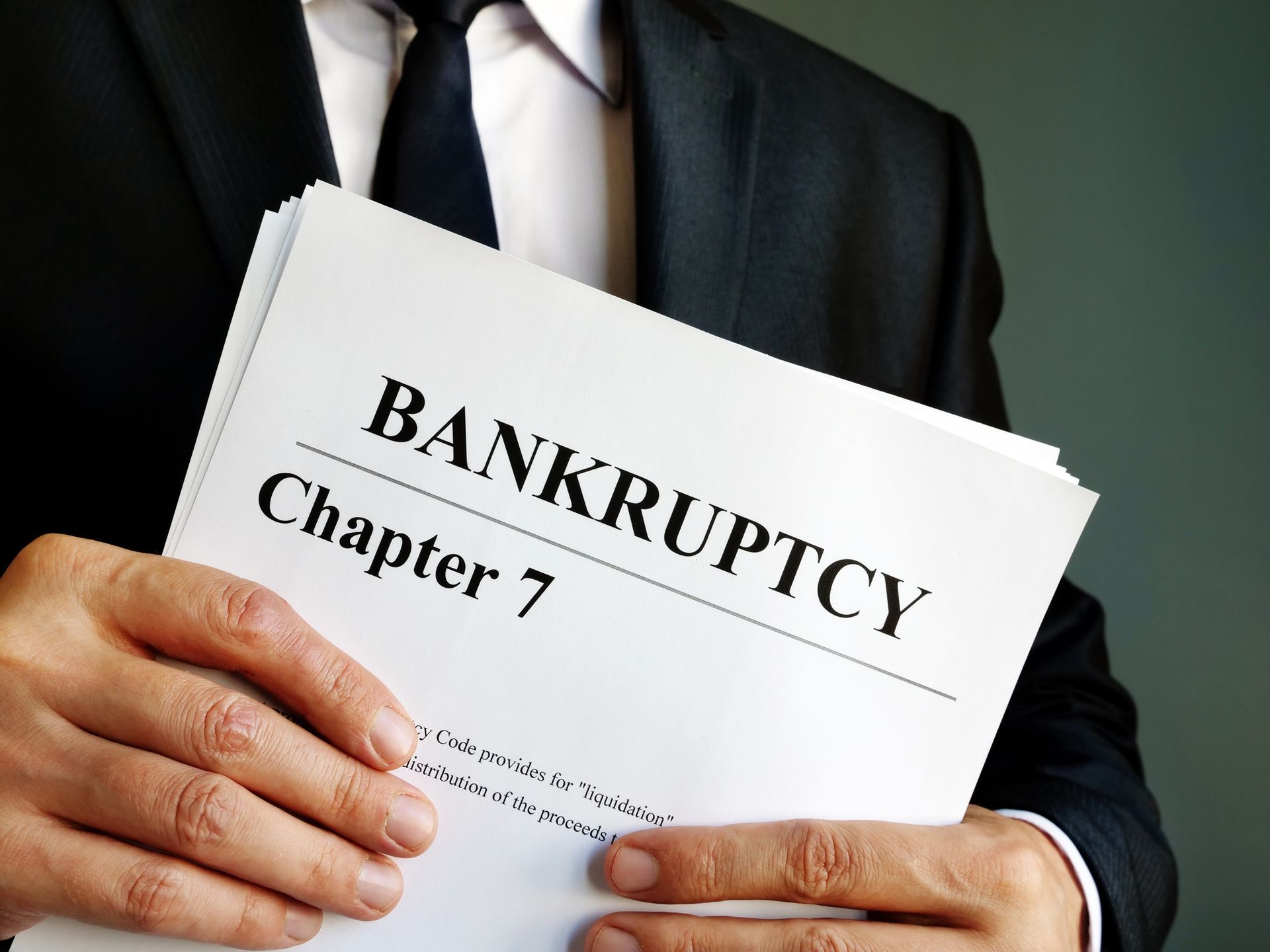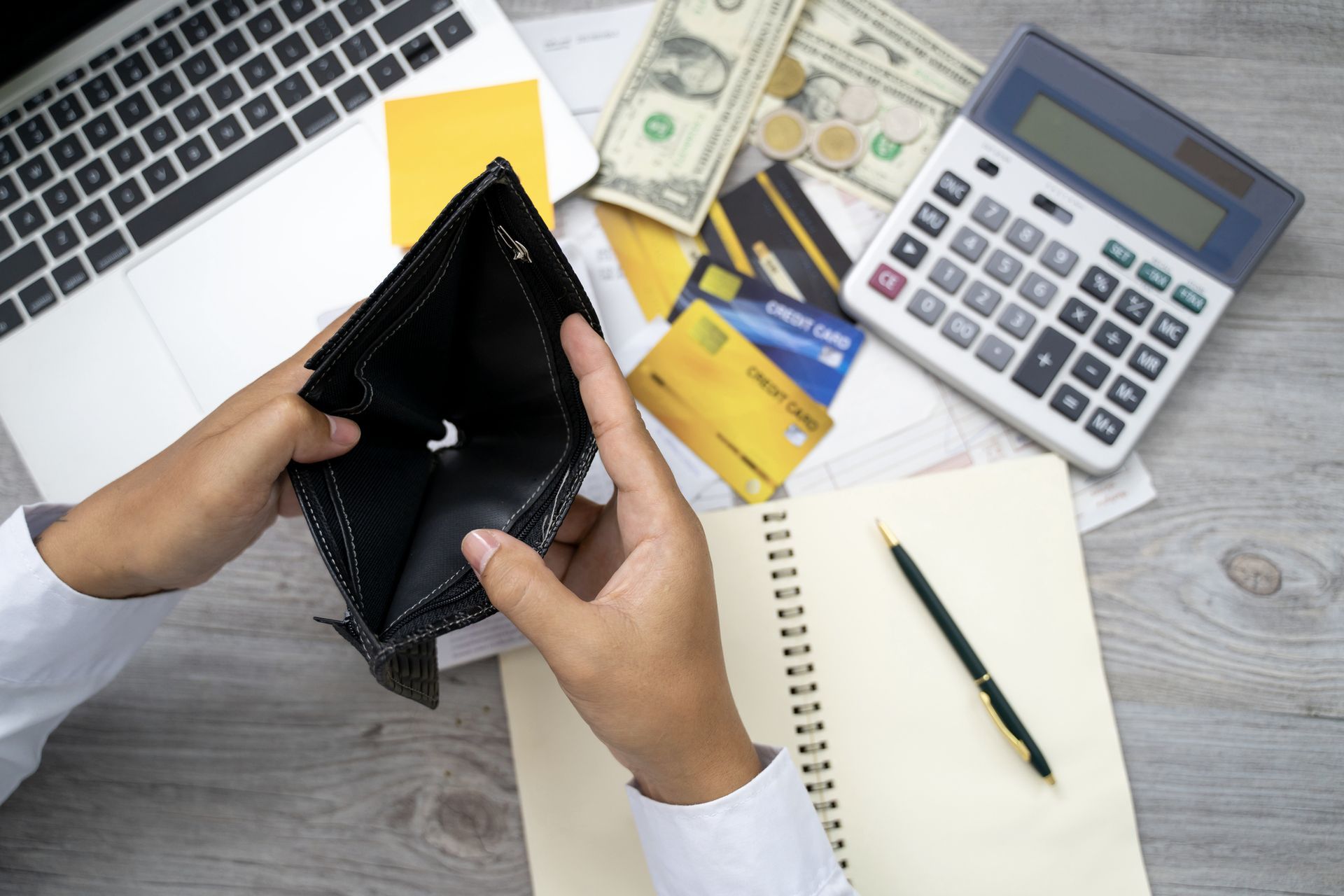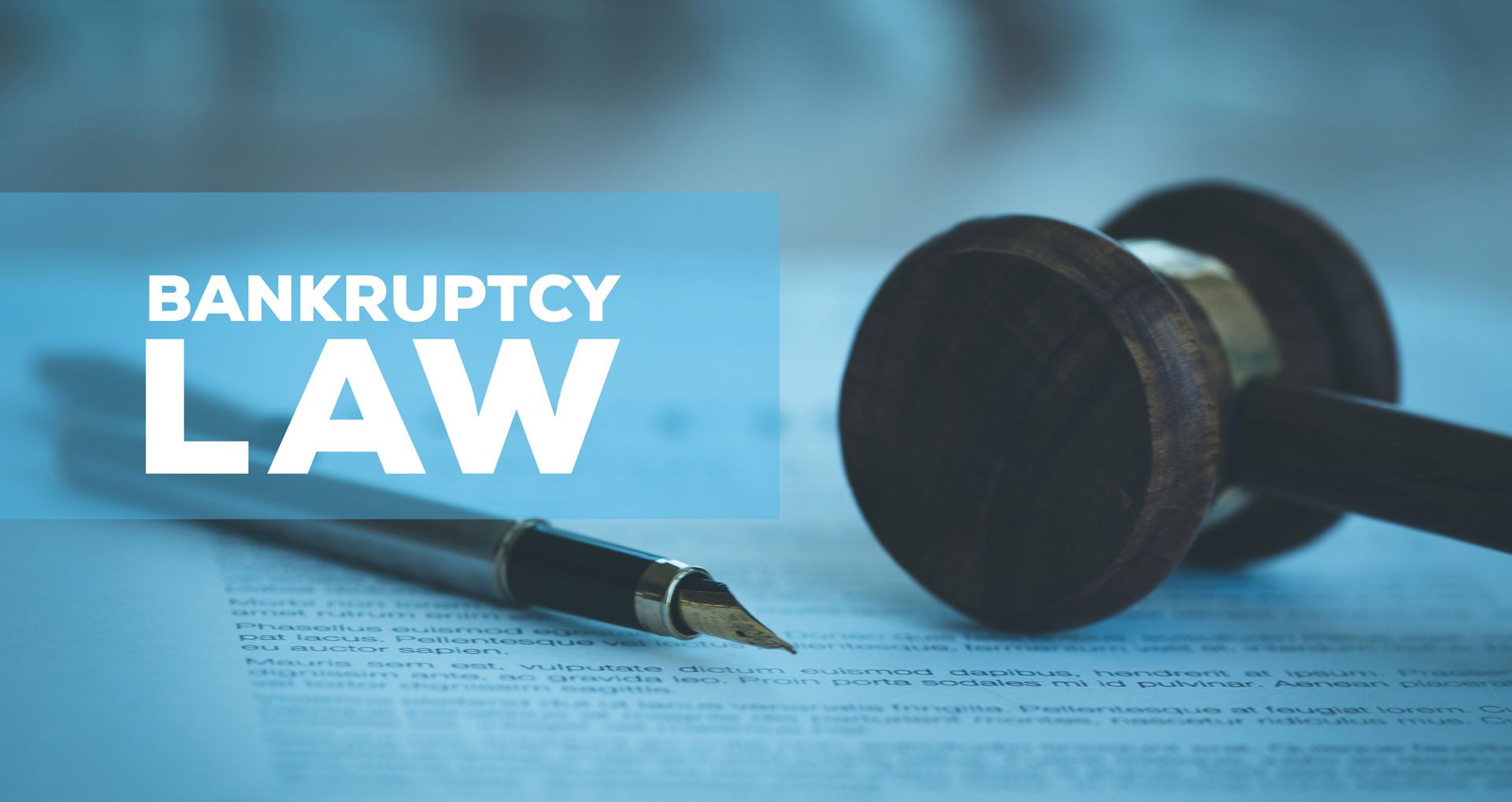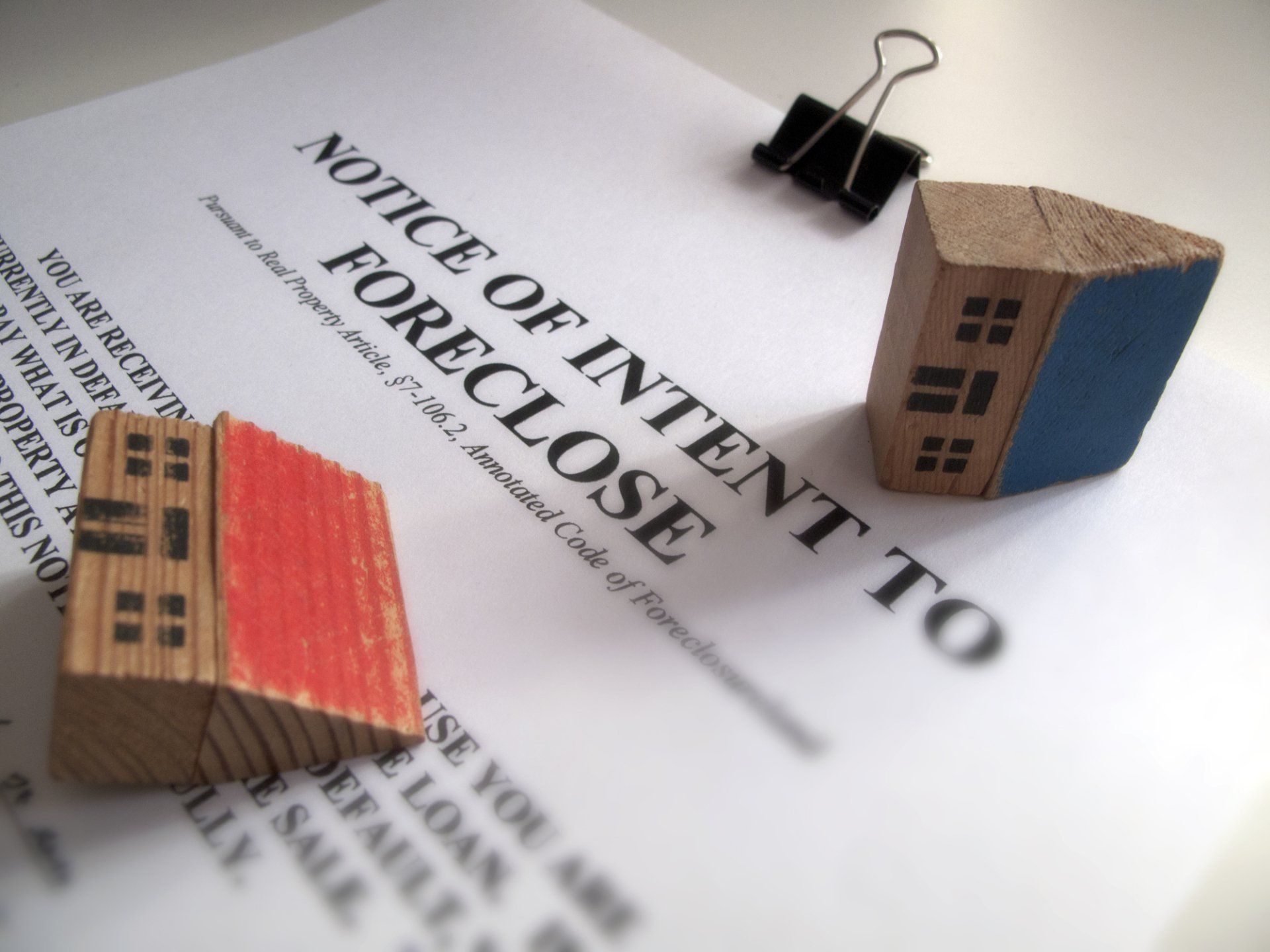Calculating Chapter 13 Payments
In Chapter 13, a debtor is allowed to keep important assets that might otherwise be at risk of being sold
in a Chapter 7. However, a debtor in a Chapter 13 is usually required to pay back at least a portion of the
debt owed to the unsecured creditors.
An obvious question our clients have is: how much will I have to pay back? Unfortunately, there is no
quick and easy answer. No two situations are ever the same. Generally, a debtor must pay back to the
unsecured creditors the greater of the following two options: 1) the equivalent value of the items that
would have otherwise been at risk of being sold in a Chapter 7; or 2) a debtor’s disposable income - the
amount of money left over after taking into account those expenses that are necessary for your
maintenance and support.
In determining a debtor’s disposable income, additional factors come into play. If your income is above
the median level for your household size and geographic location, your disposable income is determined
by the “Means Test”, an objective tool established by Congress which allows for certain maintenance
and support deductions premised on IRS national and local expense standards. If you are above the
median level, you will generally be required to enter into a Chapter 13 repayment period for five years.
If your income is below the median level for your household size and geographic location, then
disposable income is much simpler to determine. We simply look at your household budget to
determine those expenses that are necessary for your maintenance and support going forward. As a
below median debtor, you will generally be required to enter into a Chapter 13 repayment period for at
least three years.
Some debts are generally required to be paid in full through a Chapter 13. Typically, this would include
priority debts such as child support, alimony, or back taxes incurred in the last three years. Other debts
that are generally paid in full include mortgage arrears where one plans on keeping a home. If a person
has a second mortgage, it may be possible in some cases to completely strip off the mortgage from the
property. Obviously, this can significantly reduce the amounts required to be paid back.
Other secured debt payments may be modified or reduced in a Chapter 13. For instance, if you owe
more on a car or personal property loan than what the property is worth, we can often do a “cram
down” where you pay back the fair value of the collateral rather than the full amount owed. Similarly,
we can often lower the payments on secured debts by extending the duration of the repayment period
or reducing the interest rate to something more affordable.
Obviously, a lot of factors go into determining what will have to be paid back and over what time frame.
Our experienced bankruptcy lawyers can discuss your income, your assets, examine your specific debt
situation, and help you get a definitive idea of what exactly you will have to pay back and for how long.
We will help you develop a repayment plan that allows you to make affordable monthly payments while
keeping your valued assets. For a free consultation in Marion, Mt. Vernon, or Carbondale, contact our
office right away.
